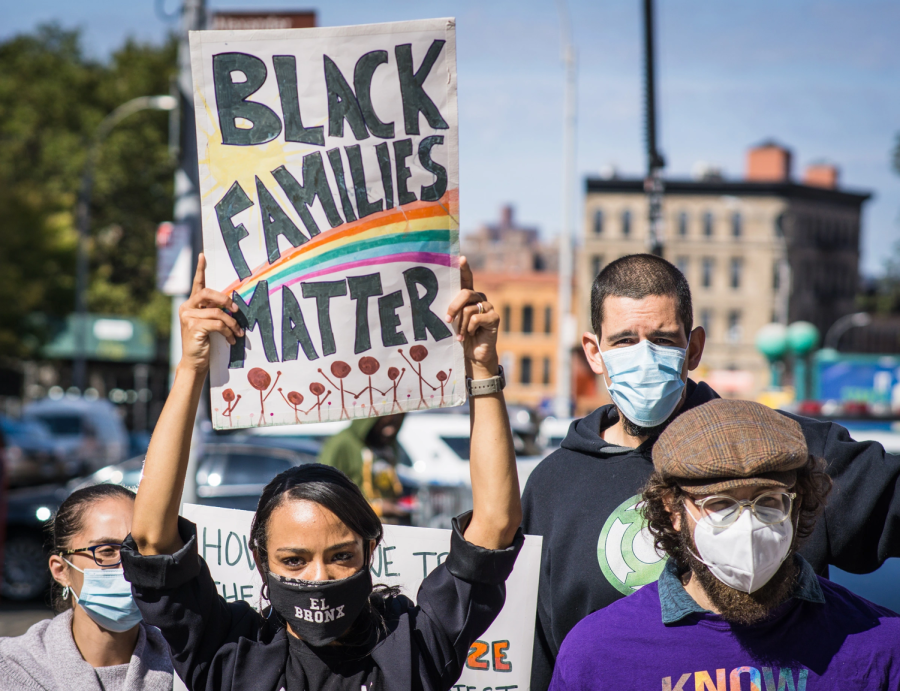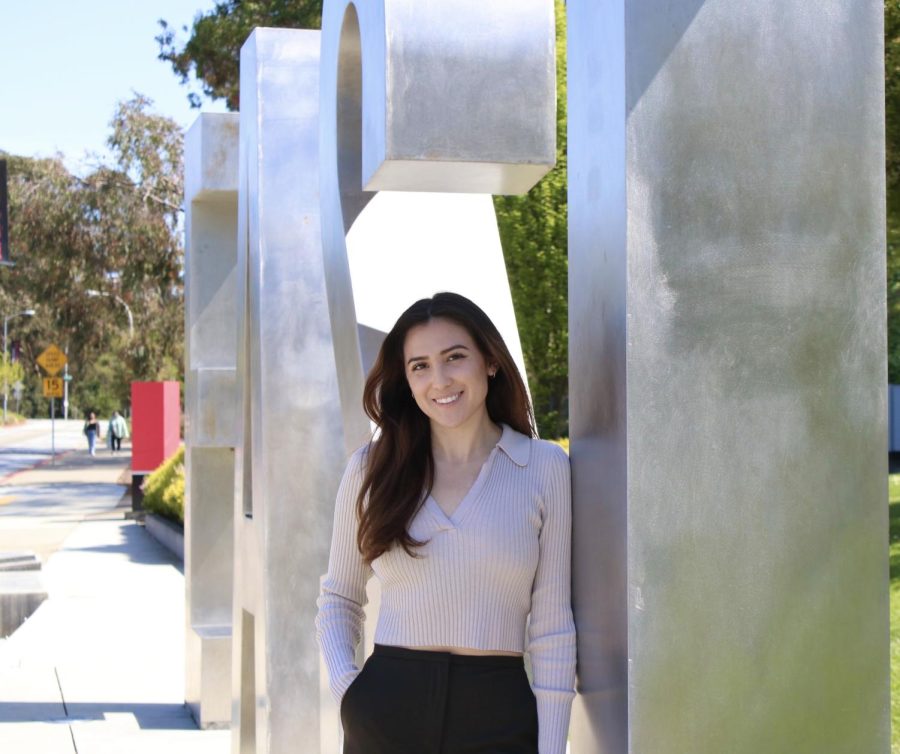Last Thursday night tragedy struck in Colorado when a gunman opened fire on moviegoers at a midnight screening of “The Dark Night Rises,” the latest Batman film. The country’s latest massacre left 12 dead and dozens wounded, making it one of the worst tragedies in American history.
In the wake of this disaster, people are expressing outrage over gun control and weapons while desperately searching for answers to explain why and how such a thing could happen.
But we, the editors of The Pioneer, believe placing blame on things like video games and heavy metal music is a reactive approach to a serious problem that must be addressed proactively.
As a nation, we must begin to focus on the people who commit these killing sprees. Traditionally, individuals capable of committing such atrocities are suffering from severe mental disorders. And James Holmes is no different.
Holmes was undoubtedly a smart man. A recent doctoral candidate dropout from the University of Colorado, Denver, he was a budding scientist doing graduate work at the Anschutz Medical Campus. He once received a prestigious grant from the National Institute of Health and is an honors graduate from the University of California, Riverside.
According to university officials, Holmes cited “severe stress and emotional distress” when he dropped out of medical school. Looking back to other tragic incidents such as Seung-Hui Cho’s murderous rampage at Virginia Tech in 2007 that left 32 dead or the other famous Colorado killing spree at Columbine High School in 1999 that left 13 dead, it is clear that these killers share a history of emotional distress and fragile psychological states.
Low self-esteem, academic failure, tragic personal incidents and other emotional issues spurred isolation and self-loathing that led to mastermind plotting in nearly all of the 36 mass murders that have been committed in the United States over the last 30 years.
Holmes, who felt the need to disguise himself as a character from the Batman movies, fit the profile of a stressed, dark and unhealthy madman who suffered from the classic symptoms of numerous mental disorders.
And we learned yesterday that Holmes did in fact reach out to a psychiatrist at the University of Colorado days before the attack. Fox News reported on Wednesday, July 25 that Holmes mailed planned details and even sketches of his rampage to a campus psychiatrist, which arrived in their mailroom on July 12. But his note was left untouched, unnoticed.
At The Pioneer, we understand the stresses of college and how many students can become acutely and immensely burdened and overwhelmed.
But perhaps the most responsive, proactive solution to preventing future massacres is to provide better mental health options to students.
If universities institute a policy of aggressive, comprehensive care, for both treatment and preventive care all students can benefit.
A mandatory mental health check-in for all students at the start of each school year would allow psychiatrists and school counselors to meet with students to ensure they are stable and healthy. While most students could benefit from the opportunity to talk, relieve stress and make future plans, other students with more severe mental disorders could be treated. And future tragedies could be averted.
This tragic event will remain one of the most heartbreaking incidents in American history. Rather than focus on blame, let’s focus on providing a proactive approach to mental health care.










